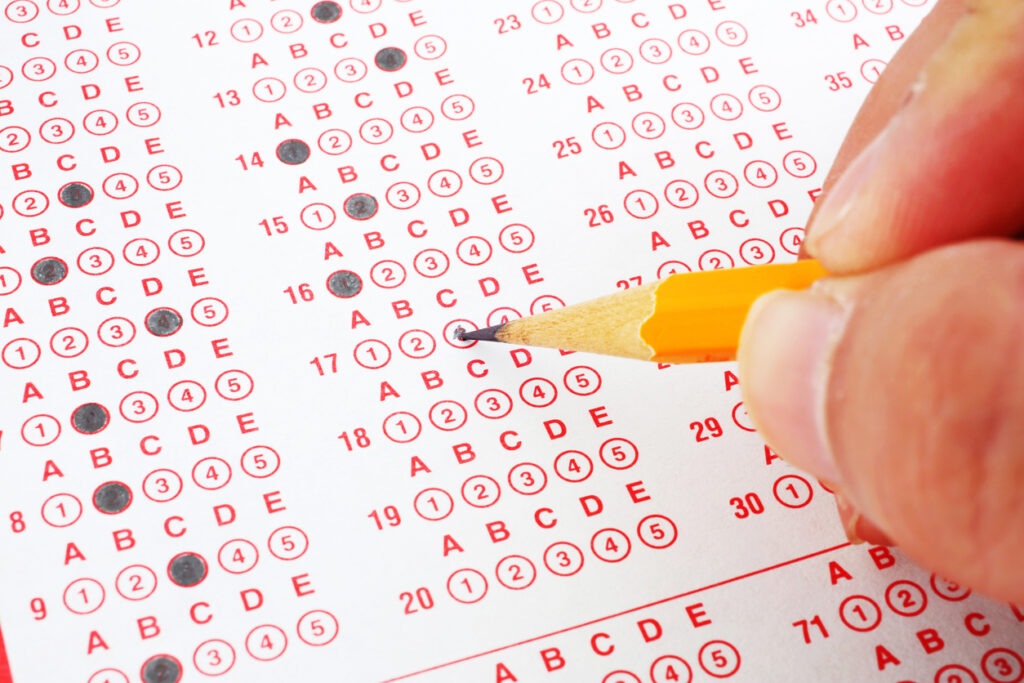The decision not to use standardized test scores in college applications will go down as one of the greatest follies in higher education history, and institutions are beginning to realize this.
For decades, the SAT or ACT has been a non-negotiable part of the college application process. However, the situation changed completely in 2020 when tests were canceled due to the novel coronavirus and universities decided to shift to a test-based admissions process.
However, as the pandemic receded, many institutions, including elite schools such as Harvard, Yale, and MIT, chose to continue operating with a test-optional admissions model rather than reverting to the old admissions model. reason? University leaders accepted activists' claims that standardized tests are racist because, on average, certain demographics tend to do better on the SAT and ACT than others.
Instead, these institutions have chosen to use grade point averages as the sole indicator of academic performance. While GPA is certainly a useful tool for assessing student academic performance, it is far more subjective than standardized tests, and there is ample evidence that many grades are inflated.
Regardless of what these universities believed about racial disparities in SAT scores, suggesting that black students cannot take the SAT simply because of the color of their skin is an outrageously racist suggestion. You should be aware of one thing. But nevertheless, these institutions still supported this bigoted narrative, at least temporarily.
But many of these universities are now returning to pre-pandemic practices of asking applicants for standardized test scores, some rather abruptly. Yale, Dartmouth, and MIT each reinstated testing requirements for the Class of 2029 earlier this year, and Harvard joined them last week. In doing so, the universities effectively acknowledged that the short-lived practice of test-selective admissions led them to admit students who were not prepared to attend colleges that required certain academic abilities.
“More information, especially such powerful predictive information, is valuable in identifying talent from across the socioeconomic spectrum,” Hopi Hoekstra, dean of Harvard's College of Arts and Sciences, said in a statement. “With this change, we hope to strengthen our ability to identify these promising students.”
It is an encouraging sign that institutions are reaffirming that the SAT and ACT are useful classification tools for determining whether students will succeed in college. Without testing requirements, colleges were put in the difficult position of having high dropout rates.
Dartmouth acknowledged as much. In a statement announcing the reinstatement of the testing requirement, University President Xian Lee Beilock said, “Standardized test scores are important predictors of student success in Dartmouth's curriculum; is true regardless of a student's background or household income.”
Click here to read more from the Washington Examiner
This is supported by data measuring student success. Students at the University of Texas at Austin, which reinstated testing requirements last month, found that students who submitted test scores during the optional testing period had an average GPA of 0.86 points higher than other students, nearing a perfect score. I discovered that there is.
College isn't for everyone. A staple of applications for decades, standardized tests have helped colleges and students decide whether higher education is the right path to take. By reinstating testing requirements in the admissions process, universities can avoid the bias underlying the anti-testing movement and ensure that all students have the best chance of reaching their full potential and achieving lifelong success. I make sure I stay on track.


